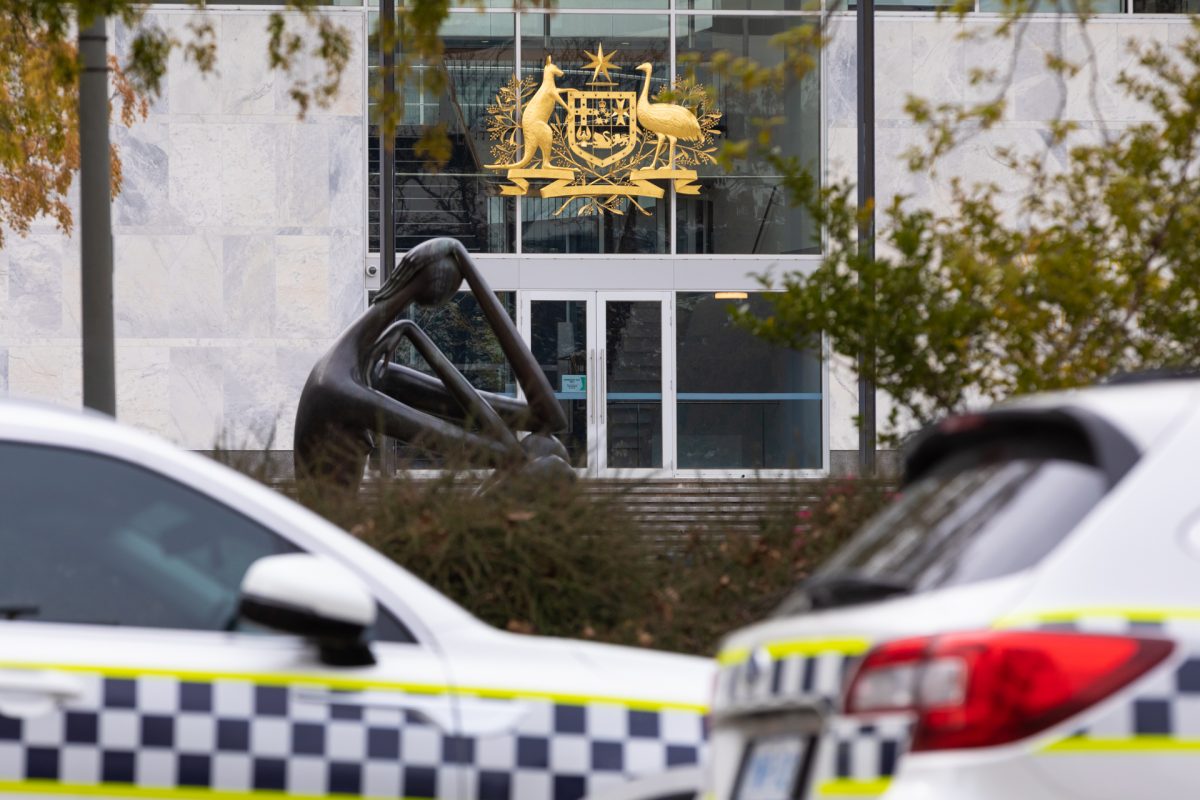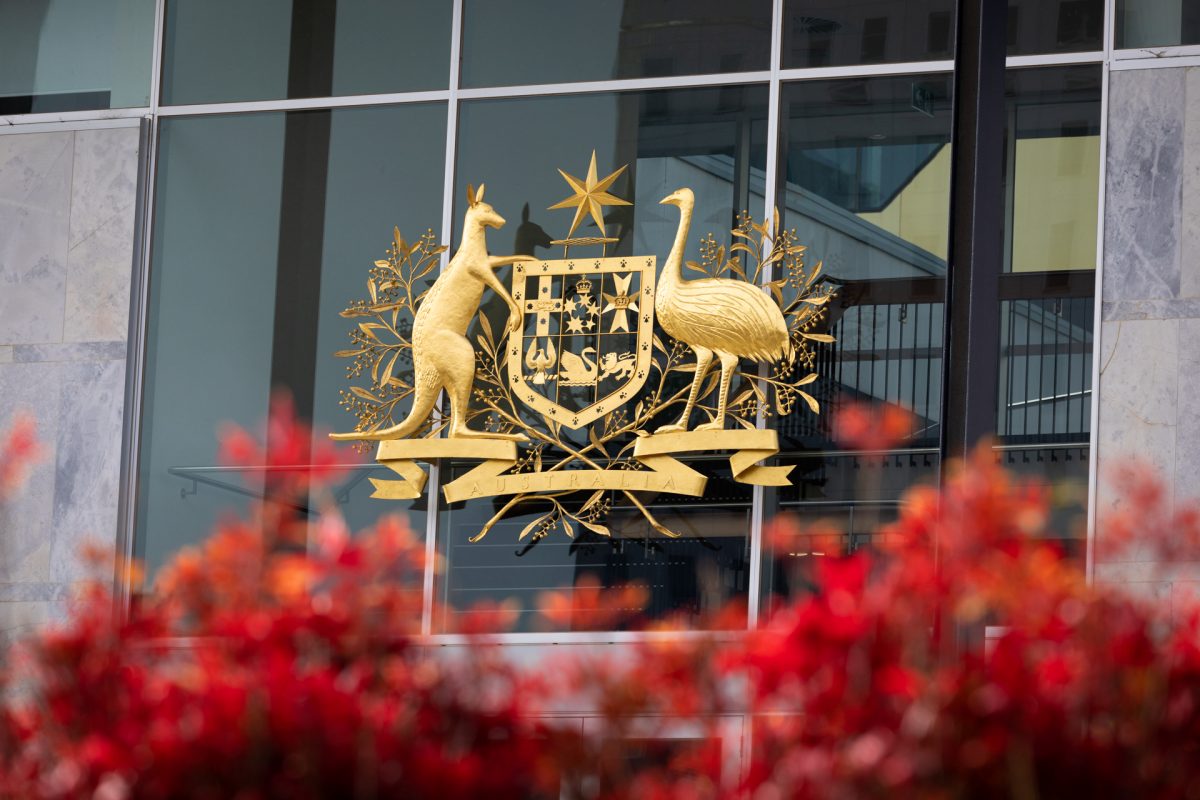
The ACT Supreme Court has dismissed a 13-year-old’s appeal that sought to stay her prosecution. Photo: Michelle Kroll.
A 13-year-old girl accused of committing an assault just a few months before laws were passed to eventually increase the age of criminal responsibility to 14 will continue to be prosecuted, after her appeal failed in the ACT’s highest court.
She was charged after she allegedly committed a common assault in July 2023 when she was 13.
Several months later, in November 2023, the ACT passed laws to increase the age of criminal responsibility from 10 to 14 in mid-2025.
The changes will mean that children under 14 will not be held criminally responsible, except for 12- and 13-year-olds who commit extremely serious offences.
“If that had been the law at the time of the alleged assault, the [girl] would not have been liable to be charged,” the ACT Supreme Court’s Chief Justice Lucy McCallum said.
However, she said the changes didn’t come into force until 1 July 2025.
The hearing for the common assault charge was scheduled to take place in the ACT Children’s Court in early 2025.
But the girl’s lawyers, Legal Aid ACT, argued the prosecution of a 13-year-old between the notification of the changes and the date on which they would come into force was an abuse of process.
They argued the premise of the new laws was the research-based recognition that children under 14 were incapable of forming criminal intent.
In addition, the changes, when instigated later this year, will extinguish any conviction for an offence committed by a child when they were under the age of 14.
“It follows that any conviction in the proceedings against the [girl] will be extinguished by force of statute within less than six months of its being entered,” Chief Justice McCallum said.
The Legal Aid lawyers tried to stay the proceedings against the girl in the Children’s Court, but this was dismissed in September 2024, so they appealled that decision in the Supreme Court.
In Chief Justice McCallum’s published decision on the appeal, she found the girl had no legal right to appeal and it should be dismissed.
The Supreme Court could intervene as it supervises the Children’s Court, but in order for that to occur, the girl’s lawyers had to show that the Children’s Court magistrate who dismissed the stay application had made a legal error.

The age of criminal responsibility will be raised to 14 in mid-2025. Photo: Michelle Kroll.
However, Chief Justice McCallum said, “The fact that the law is to change on a future date does not invalidate the law as it presently stands”.
“The magistrate was entitled and indeed obliged to apply the existing law,” she said.
She also said new laws would still allow for a child aged between 12 and 14 to be prosecuted for very serious offences, provided it could be proved that the child knew their conduct was wrong.
“This indicates that the legislation does not make an unqualified concession to an empirical fact but rather reflects a policy decision,” she said.
“In any event, the determinative consideration is the fact that, until the new law comes into force, the courts are obliged to apply the existing law.”
Chief Justice McCallum said the decision to prosecute the girl could not be characterised as an abuse of process.
“Like the magistrate, the Director of Public Prosecutions is entitled and indeed obliged to make her decisions in accordance with existing law,” she said.
In her decision from mid-December 2024, she said a basis for granting a stay was not established and she dismissed the appeal.






















As long as you're happy to pay the extra fees incurred. I'm not. View